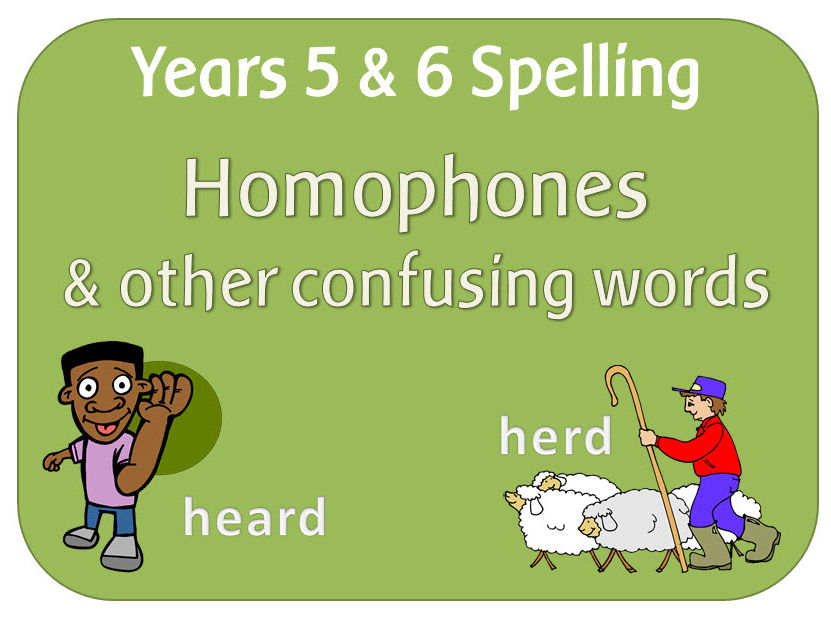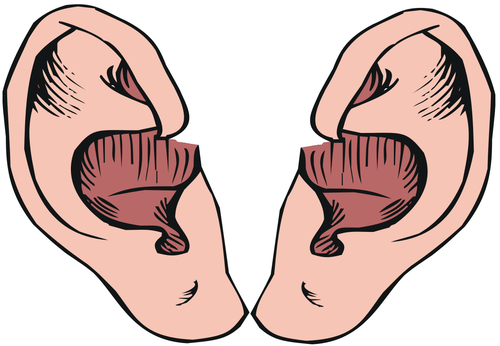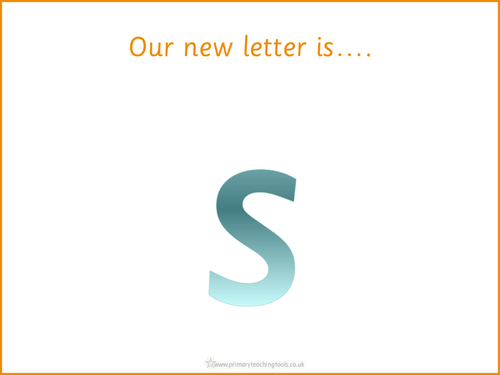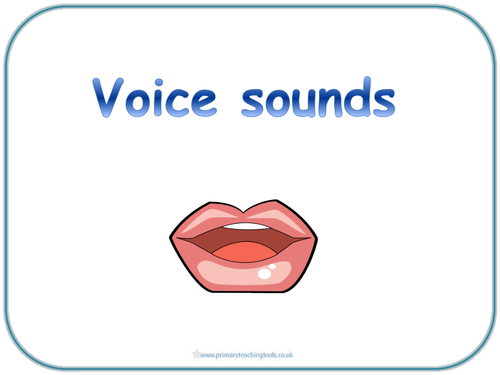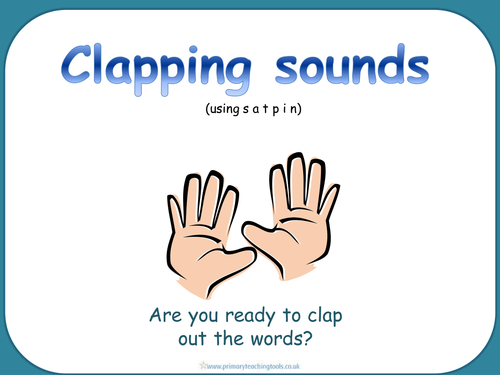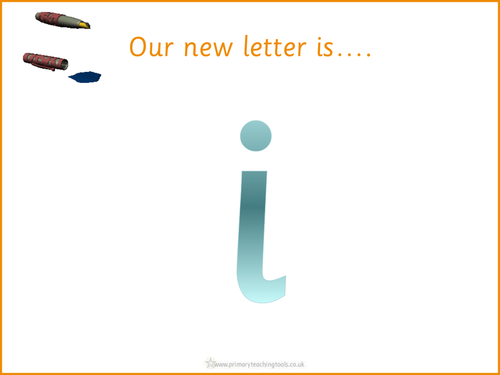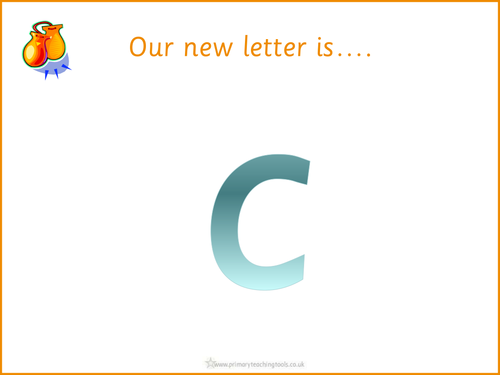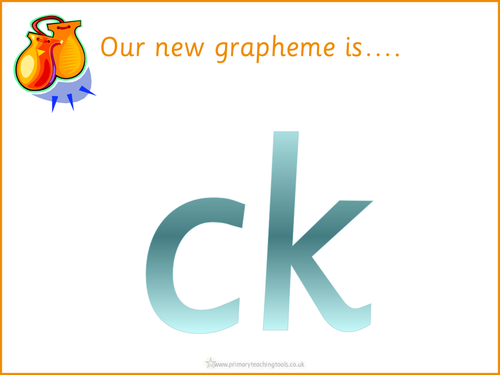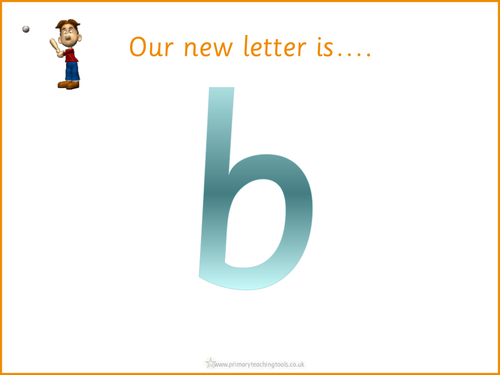
404Uploads
1066k+Views
681k+Downloads
English

SPaG Year 5 & 6 Spelling: Adding suffixes beginning with vowel letters to words ending in –fer
Resources to teach the spelling guidelines for adding suffixes beginning with vowel letters to words ending in fer
POWERPOINT
Adding vowel suffixes to words ending fer: Explains the rule then gives the children opportunity to write the words applying the spelling rule.
PDF (PRINTABLE) RESOURCES
Complete the fer matrix worksheet
Word list

SPaG Year 5 & 6 Spelling: Word endings able, ably, ible and ibly
A pack of resources to teach the spelling guidelines for Words ending in able, ably,ible and ibly
POWERPOINTS
able word endings
ible word endings
PDF (PRINTABLE) RESOURCES
Look Write Cover Check able ably words
Look Write Cover Check ible ibly words
Word cards - able endings
Word cards - ible endings
Wordsearch - able and ible words
Word endings ible or able worksheet x 2
Word lists

SPaG Year 5 & 6 Spelling: Words with the /i:/ sound spelt ei after c
A powerpoint lesson plus the following pdf files to teach the children how the i before e except after c rule applies to words where the sound spelt by ei is /i:/,plus the exceptions to the rule.
Pdf files:
Look Write Cover Check x 2: For spelling practice
ei and ie words worksheet: A passage to read and write down ei and ie words
ei words writing practice: List of ei words to identify and spell
Strategies for remembering how to spell ei words worksheet: Looks at the different spelling strategies children can use

SPaG Year 5 & 6 Spelling: Words containing the letter-string ough
A set of resources ( 1 powerpoint lesson, 6 printable files) to teach about the many different words with the ough spelling.

SPaG Year 5 & 6 Spelling: Homophones and other confusing words
Resources to teach the guidelines for spelling homophones and other words that are often confused.
POWERPOINTS
Each Powerpoint gives definitions/explanations of each homophone, then ends with an activity for the children to work out which homophone is appropriate in different sentences.
Homophones - nouns and verbs: advice advise, device devise, licence license and practice practise.
Homophones 1: aisle isle, aloud allowed, affect effect, altar alter, ascent assent, bridal, bridle, cereal serial, complement compliment
Homophones 2: descent dissent, desert dessert, draft draught, farther father, guessed guest, heard herd, led, lead morning, mourning
Homophones 3: past passed, precede proceed, principal principle, profit prophet, stationary stationery, steal steel, wary weary, who's whose
PDF (PRINTABLE) RESOURCES:
Look Write Cover Check x 7: For spelling practice, containing the words in the above PowerPoints
Worksheets x 7: To write definitions of the homophones and think of ways to remember how to spell them.
Definition and word cards x 3: Three sets of homophones and corresponding definitions for matching games etc.

Vocabulary, grammar and punctuation school assessment Years 1 - 6
A set of materials to assess Appendix 2 for Years 1 to 6 in the English curriculum 2014. It contains a booklet for individual assessment and also class recording sheets.

SPaG Year 6 Sentence Grammar: Informal and formal writing powerpoint
The powerpoint explains how to change writing styles/register according to audience, purpose and text, and what tone to use for each. Shows examples of similar sentence written in a formal and an informal style. Ends with an activity where the children have to turn an informal sentence into a formal one.

Phase 1 Aspect 1 Environmental Sounds Letters and Sounds Phonics resource pack
A mixture of powerpoints and printable activities to encourage sound discrimination by listening to sounds in the environment.

SPaG Year 6 Sentence Grammar: Use of the passive
POWERPOINT: Explanation of active and passive sentences and how to arrange an active sentence to make it passive. Explains how and when passive sentences can be used
PRINTABLE FILES (PDF): Passive sentences worksheet: Change the active sentences into passive sentences

SPaG Year 6 Word Grammar: How words are related by meaning as synonyms and antonyms
POWERPOINTS:
The history of the English language: A history, plus an explanation of why the English language has so many synonyms.
Synonyms: Explains what they are and gives 11 words with related synonyms.
Antonyms: Explains what they are and gives 12 words with corresponding antonyms, plus 7 words with several antonyms.
Antonyms and prefixes beginning with 'i': Formation of antonyms by adding im, in or il to words.
Antonyms and prefixes recap: Activity to make words by adding a range of prefixes covered in previous years, to make antonyms.
PRINTABLE FILES (PDF):
Synonyms worksheet: For finding synonyms
Antonyms worksheet: re-write the sentences to make it mean the opposite
House for sale - antonyms worksheet: Rewrite the advert using antonyms
House for sale - synonyms worksheet: Rewrite the advert using synonyms
Antonym cards (2 sets): Matching sets - easy and more difficult

Phase 1 Aspect 2 Instrumental Sounds: Letters and Sounds Phonics resource pack
A mixture of powerpoints and printable activities to encourage sound discrimination by listening to instrumental sounds.

SPaG Year 6 Terminology powerpoint
A powerpoint explaining the terminology for pupils in Y6: subject, object, active, passive, synonym, antonym
ellipsis, hyphen, colon, semi-colon and bullet points.

Phase 2 Letters and Sounds phonic resources: set 1 letters- s a t p - powerpoint introductions
There is one powerpoint for each new letter. Each introductory powerpoint:
Introduces the new letter, shows a picture mnemonic, demonstates correct letter formation then reinforces it with an initial sound game.
Also in the pack:
A powerpoint showing each letter in the set with a picture to help the children remember the sound;
A set of letter flashcards of all letters learnt so far
A 'what begins with....' game where the children have to select an object that begins with the specified letter.

Phase 1 Aspect 6 Voice sounds: Letters and Sounds Phonics resource pack
A pack of powerpoints and activities to print to help children distinguish between the differences in vocal sounds, including oral blending and segmenting.

Phase 1 Aspect 7 Oral blending and segmenting: Letters and Sounds Phonics resource pack
A set of powerpoints, games, cards and activities to develop oral blending and segmenting of sounds in words.

Phase 2 Letters and Sounds phonic resources: set 2 letters- i n m d - powerpoint introductions
There is one powerpoint for each new letter. Each introductory powerpoint:
Introduces the new letter, shows a picture mnemonic, demonstates correct letter formation then reinforces it with an initial sound game.
Also in the pack:
A powerpoint showing each letter in the set and previous sets with a picture to help the children remember the sound;
A set of letter flashcards of all letters learnt so far
A 'what begins with....' game where the children have to select an object that begins with the specified letter.

Phase 2 Letters and Sounds phonic resources: set 3 letters- g o c k - powerpoint introductions
There is one powerpoint for each new letter. Each introductory powerpoint:
Introduces the new letter, shows a picture mnemonic, demonstates correct letter formation then reinforces it with an initial sound game.
Also in the pack:
A powerpoint showing each letter in the set and previous sets with a picture to help the children remember the sound;
A set of letter flashcards of all letters learnt so far
A 'what begins with....' game where the children have to select an object that begins with the specified letter.

Phase 2 Letters and Sounds phonic resources: set 4 letters- ck e u r - powerpoint introductions
There is one powerpoint for each new letter. Each introductory powerpoint:
Introduces the new letter, shows a picture mnemonic, demonstates correct letter formation then reinforces it with an initial sound game.
Also in the pack:
A powerpoint showing each letter in the set and previous sets with a picture to help the children remember the sound;
A set of letter flashcards of all letters learnt so far
A 'what begins with....' game where the children have to select an object that begins with the specified letter, plus a powerpoint showing words ending in 'ck'

EYFS Rhythm and Rhyme phonic activities resource pack
This pack is a collection of PowerPoints and printable resources in pdf. It will help give children experience how words rhyme, and to develop an awareness of rhythm in speech. Listening to and joining in with rhymes and playing rhyming games help children to develop skills to know how letters correspond to sounds.
Fits in with Letters and Sounds Phase 1.
PRINTABLE GAMES AND ACTIVITIES:
• Dominoes – showing pictures of simple cvc words
• Odd one out cards – print, cut and laminate for a rhyming game
• Rhyming pairs – 40 images showing pictures of rhyming pairs. There are 4 per A4 page so can also be used for display or flashcards
• Rhyming soup game – A printable version of the powerpoint. The children have to make a soup out of rhyming objects (eg snake, cake, rake etc)
• Rhyming words bingo – 4 bingo cards with 7 pictures each.
• Two rhyming worksheets
•
DISPLAY:
• Large lettering: Rhymes (one letter per A4 page, if you want them smaller you can alter the print settings.)
• Large lettering: Rhyme Time(one letter per A4 page, if you want them smaller you can alter the print settings.)
• What rhymes with….posters – A set of 6 A4 colourful posters with pictures of rhyming words. Rhymes include what rhymes with…can / hat / pot / bug / cap and zip.
POWERPOINT GAMES:
• Can you think of words that rhyme - Simple introduction to rhyming.
• Making up rhymes - Explains rhyming words, and then encourages the children to make up rhymes using the images.
• Odd one out - Find the picture that doesn’t rhyme from a choice of 3, with immediate feedback.
• Playing with words - 20 images of words with longer syllables.
• Rhyming pairs - Find the rhyming pair from a choice of 3, with immediate feedback.
• Rhyming puppets - 14 name rhymes for the children to finish.
• Rhyming soup - ake - An interactive version of the game, the children click on the object to put it in the soup bowl.
• Rhyming soup - an
• Rhyming soup - at
• Rhyming soup – ip
• Rhyming soup – ox
• Rhyming words - 11 sets of rhyming words, encouraging the children to make up rhymes with them.
• Words that rhyme - Find the 2 pictures that rhyme from a choice of 3.
•
POWERPOINT RHYMES:
• A pig who was big - 9 rhyming verses about pigs
• Action Rhymes - 8 different rhymes: Two little feet / I wiggle / This is the way / Wind the bobbin up / A sailor went to sea / Jack-in-the-box / Clean up/ I’m a little teapot / Row your boat.
• 5 fat peas
• Dingle Dangle Scarecrow
• Down in the jungle
• Head, shoulders, knees and toes
• Katalina Matalina
• Peanut butter
• Ten fingers
• The Farmer’s in his den
• The wheels on the bus
• There was a princess

Phase 2 Letters and Sounds phonic resources: set 5 -h b f ff l ll ss - powerpoint introductions
There is one powerpoint for each new letter. Each introductory powerpoint:
Introduces the new letter, shows a picture mnemonic, demonstates correct letter formation then reinforces it with an initial sound game.
Also in the pack:
A powerpoint showing each letter in the set and previous sets with a picture to help the children remember the sound;
A set of letter flashcards of all letters learnt so far
A 'what begins with....' game where the children have to select an object that begins with the specified letter





